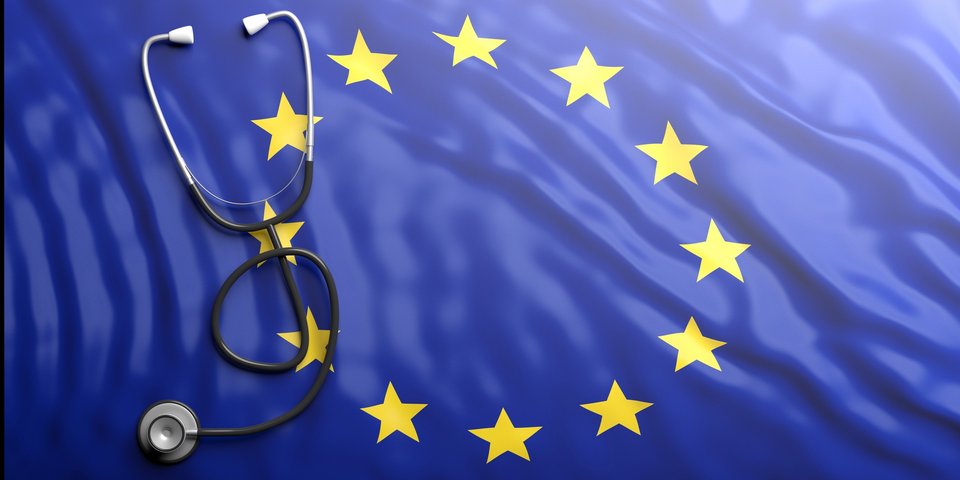 ©Rawf8 - stock.adobe.com
©Rawf8 - stock.adobe.comHealth Priorities of the SANT Committee
Maybe in a separate committee very soon
CC – 09/2024
Following the parliamentary summer break,
the European Parliament's Subcommittee on Public Health (SANT) had its first
regular meeting of the new legislative period on 9 September. There was a
reunion with old and new faces on the committee. On the German side, MEPs Dr
Peter Liese (EPP), Tiemo Wölken (S&D), Christine Anderson (PfE) and the
newly elected MEP Oliver Schenk (EPP) are currently full members of the
subcommittee. The agenda included an introductory debate on the health policy
priorities for the 10th term of office. Chairman Adam Jarubas (EPP, PL)
emphasised that the debate should provide orientation for their own work, even
if they were aware of any impending political situation. This reminded him of
the COVID-19 pandemic in the last legislative period.
SANT's priorities
In the SANT, it was unanimously agreed that
inequalities in healthcare need to be addressed above all. This concerns both
access to medicines and the availability thereof as well as the availability of
healthcare personnel. The fight against antimicrobial resistance,
cardiovascular diseases, diabetes and measures to improve mental health should
be addressed in the SANT same as the further implementation of the EU Beating
Cancer Plan. In addition, some MEPs called for greater support of innovation
and investment in the competitiveness of the healthcare system, for example
through innovative medicinal products. Others criticised the privatisation of
the healthcare system and called for investment in prevention and innovation in
the public interest. Some MEPs also emphasised the importance of the holistic
One Health approach, which integrates humans, animals and the environment into
healthcare. Overall, joint collaboration of the European Union (EU) in the
health sector was the basic thrust. Health does not stop at borders.
The significance of public health in the EU
was viewed critically. Although there are only limited competences in this
policy area, it is a pity that Ursula von der Leyen paid little attention to
public health in her political guidelines 2025-2029. There are many areas of
overlap with the Member States, such as the prevention of mental illness or
cardiovascular disease, access to critical medicinal products or the fight
against antibiotic resistance.
On the sideline
As there was no speaking time limit, a
heated debate about the EU's handling of the COVID-19 pandemic erupted
alongside the health policy discussion - fuelled by two new right-wing populist
MEPs from the AfD (Alternative for Germany) and FPÖ (Freedom Party of Austria).
They criticised the vaccination policy and called for more transparency in
vaccination contracts.
The question of responsibilities
There was also a heated discussion on
upgrading the subcommittee to a fully-fledged committee. Tomislav Sokol (EPP,
CR) stated that the pandemic has shown that more can be done. Many MEPs
confirmed that specialising purely in health issues would benefit the focus and
topics of the committee. Others, such as Anja Hazekamp (Left, NL), consider the
separation of the SANT Committee from the ENVI Committee to be a major mistake,
which does not correspond to the One Health approach and rather serves the
lobbying activities of the pharmaceutical industry. The SANT Committee must
therefore remain an integral part of the ENVI Committee.
The official decision on this could be made
in a few weeks. The cards - especially the seats for full and deputy members -
will then be reshuffled, but the topics and priorities are likely to remain the
same. Opinions may differ as to whether the topic of health will actually gain
in importance as a result of an independent health committee in the EU, even
after a decision has been made.
